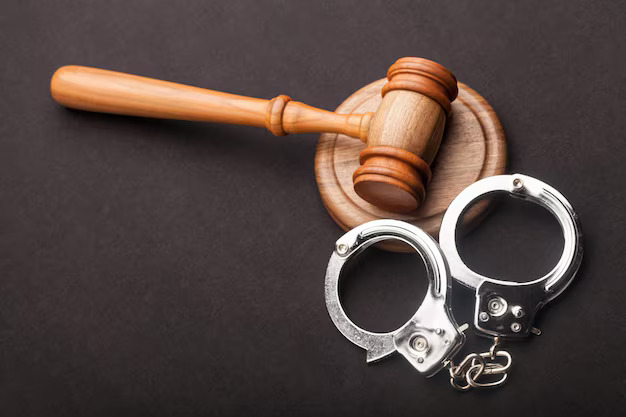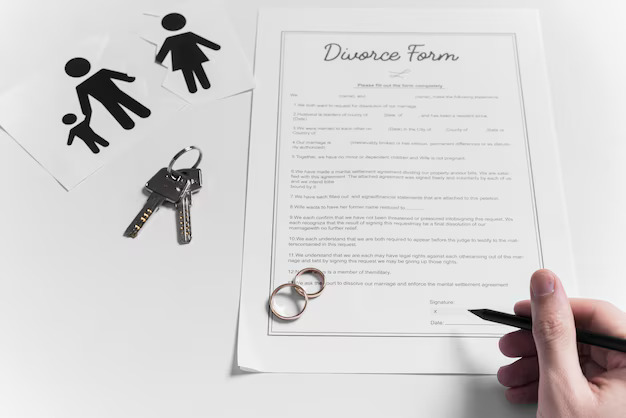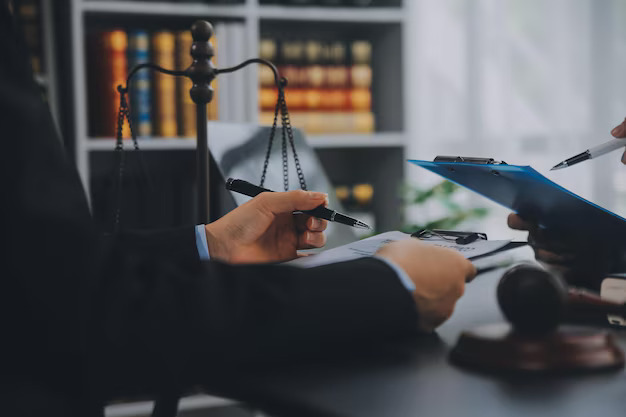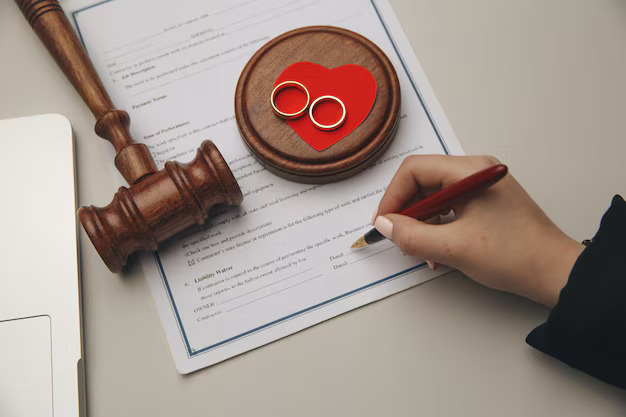Spousal Support After Divorce: All You Need to Know
Introduction
Divorce is a life-altering decision that brings numerous legal, emotional, and financial challenges. One of the most significant concerns in a divorce is spousal support (also known as alimony). The determination of spousal support plays a crucial role in ensuring financial fairness post-divorce.
At Noida Lawyer, led by Advocate Satender Nagar, we aim to guide you through the complexities of divorce law, especially regarding spousal support. With our expertise as a Divorce Lawyer in Noida and Divorce Lawyer in Greater Noida, we have been helping individuals navigate these matters smoothly, ensuring that both parties are treated fairly under the law.
What is Spousal Support?
Spousal support refers to financial assistance provided by one spouse to the other following a divorce or separation. The goal is to support the lower-earning spouse and help them maintain a similar standard of living post-divorce, or at least enable them to become financially self-sufficient.
There are two main types of spousal support:
Temporary Spousal Support: Paid during the divorce process.
Permanent Spousal Support: Paid after the divorce is finalized, and may be ordered for a certain period or indefinitely, depending on the case.

Factors Considered in Spousal Support Determination
In India, spousal support decisions are made under the Hindu Marriage Act, 1955, and the Special Marriage Act, 1954. The courts typically consider several factors when determining the amount and duration of spousal support:
Income and Financial Status of Both Parties
The court will assess the income, property, and financial resources of both spouses. The ability of the paying spouse to pay support and the recipient spouse’s ability to be financially independent are key considerations.
Duration of the Marriage
A long-term marriage may result in higher or permanent spousal support. Short-term marriages may result in limited or no support.
Age and Health of Both Spouses
The health and age of both parties are important factors. If one spouse is unable to support themselves due to health issues, this may result in higher spousal support.
Standard of Living
The court will evaluate the standard of living that the couple enjoyed during the marriage. The goal is to ensure the recipient spouse can maintain a similar lifestyle post-divorce.
Contribution to the Household
Non-financial contributions to the marriage, such as caring for children or supporting the home, can also influence spousal support decisions.
Fault Grounds for Divorce
If the divorce is due to the fault of one party (e.g., adultery, cruelty), the court may take this into consideration when determining whether to award spousal support.
How Long Does Spousal Support Last?
The duration of spousal support is one of the most frequently asked questions. The length of time support is paid depends on several factors, including:
Length of the Marriage: Longer marriages typically result in longer support durations.
Financial Independence: If the recipient spouse is able to become financially independent or remarries, support may be terminated.
Court’s Discretion: In some cases, the court may order support for a fixed period or until the recipient spouse can support themselves.

How Is Spousal Support Calculated?
The calculation of spousal support in India is not based on a set formula. Instead, the court considers several factors such as:
The income of both parties.
The standard of living during the marriage.
The duration of the marriage.
The recipient spouse’s need for support.
Typically, a divorce lawyer in Noida or Greater Noida will help you prepare the necessary documentation to present your case effectively in court.
Spousal Support in Noida and Greater Noida
At Noida Lawyer, we have extensive experience handling divorce cases in Noida and Greater Noida, where we help our clients navigate the complexities of spousal support. We understand that every case is unique, and we work tirelessly to ensure that the court considers all relevant factors when determining the amount and duration of support.
Modifications to Spousal Support
In some cases, spousal support may be modified after the initial ruling. If there are significant changes in the financial situation of either spouse (such as a change in income, health, or remarriage), either party can petition the court to modify the support order.
Some scenarios that may lead to modification of spousal support include:
The paying spouse experiences a decrease in income or financial hardship.
The receiving spouse becomes financially independent.
The receiving spouse remarries.
Enforcement of Spousal Support
Once a court has ordered spousal support, it becomes a legal obligation. If the paying spouse fails to provide the support as ordered, legal action can be taken to enforce the order. This may involve garnishment of wages, seizure of assets, or other legal remedies.
The Role of a Divorce Lawyer in Noida and Greater Noida
A skilled Divorce Lawyer in Noida or Divorce Lawyer in Greater Noida can help you navigate the complex process of securing spousal support. At Noida Lawyer, Advocate Satender Nagar and our team of experienced lawyers will work with you to ensure that you receive the support you are entitled to, or that you are not burdened with an unfairly high obligation.
With 14 dedicated team members, we are committed to offering personalized, compassionate, and effective legal services in the Noida and Greater Noida regions. We are proud to be certified by the Bar Council of Uttar Pradesh and the Bar Council of India.

Common Questions About Spousal Support
What is the difference between spousal support and child support?
Spousal support is financial assistance provided to a former spouse following a divorce, while child support is money paid by the non-custodial parent to support the child’s needs. They are distinct legal obligations.
Can spousal support be denied?
Yes, spousal support can be denied, especially if the court determines that the recipient spouse is capable of supporting themselves or if there is a fault-based reason for the divorce.
Can spousal support be modified after the divorce?
Yes, spousal support can be modified if there are significant changes in the financial circumstances of either party or if the recipient spouse becomes financially independent.
How do I calculate spousal support?
There is no set formula. The amount is based on factors such as income, standard of living, duration of marriage, and both parties’ needs. A divorce lawyer can assist with the calculation.
Can spousal support be awarded in a short-term marriage?
In a short-term marriage, spousal support may not be awarded or may be limited. However, it is still subject to court discretion based on the specific circumstances of the case.
Conclusion
Navigating spousal support during a divorce can be a challenging process. With the right legal advice, you can ensure that your rights are protected, and your financial future is secure. At Noida Lawyer, Advocate Satender Nagar, and our team are here to guide you through every step of the process, providing you with professional and compassionate support. Whether you’re located in Noida or Greater Noida, we offer reliable, trustworthy legal services to ensure a fair outcome in your divorce case.
FAQs:
What is the difference between spousal support and child support?
Spousal support is for the financial support of a former spouse, while child support is for the care and upbringing of children.
Can spousal support be denied?
Yes, if the court finds the recipient spouse is financially independent or if other factors justify the denial.
How long does spousal support last?
It depends on the duration of the marriage, the recipient’s financial status, and other relevant factors.
Can spousal support be modified?
Yes, if there are significant changes in financial circumstances, either spouse can request a modification from the court.
Do I need a lawyer for spousal support issues?
Yes, a divorce lawyer can guide you through the legal process, helping you secure the support you deserve or defend against an unfair claim.



























